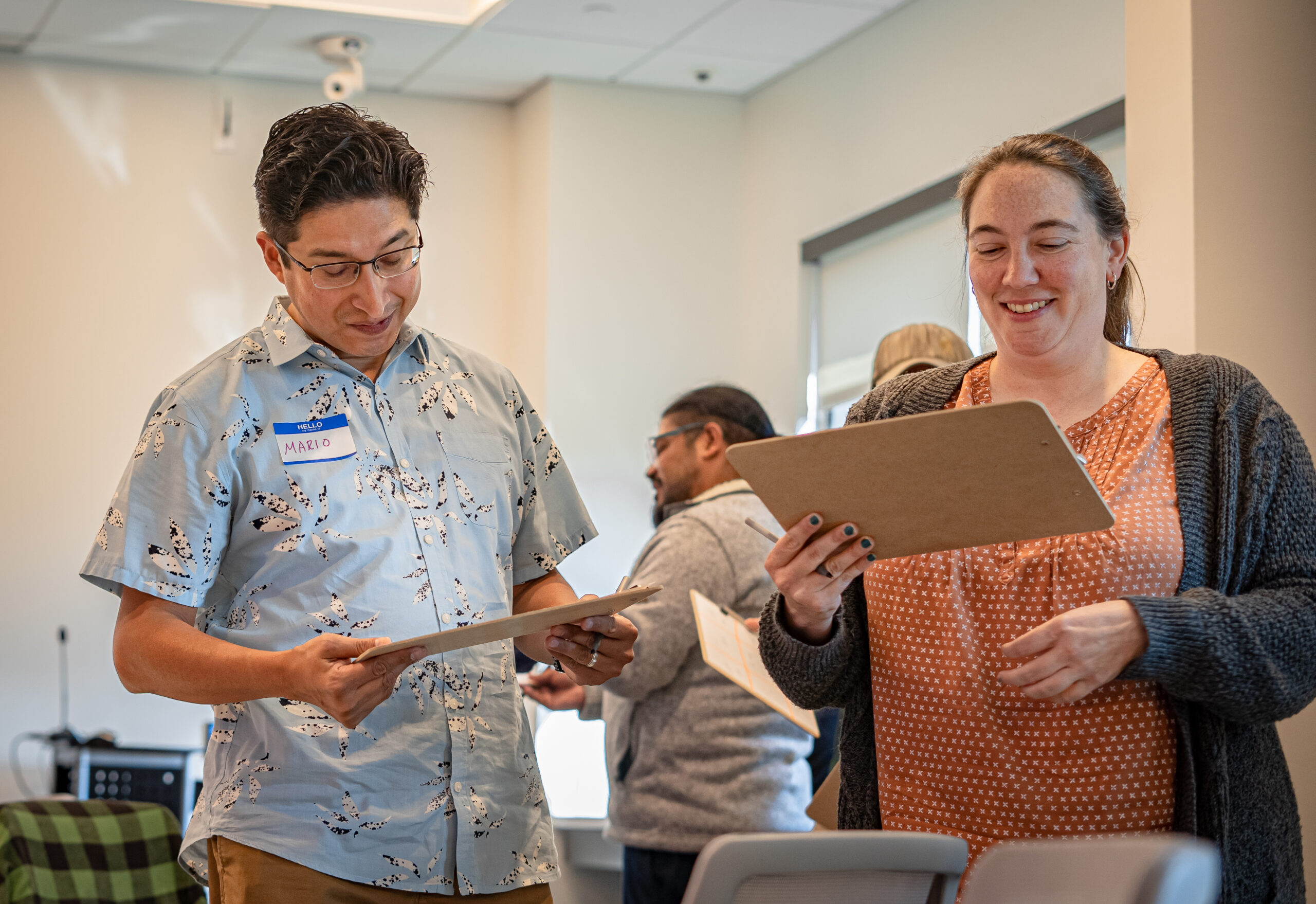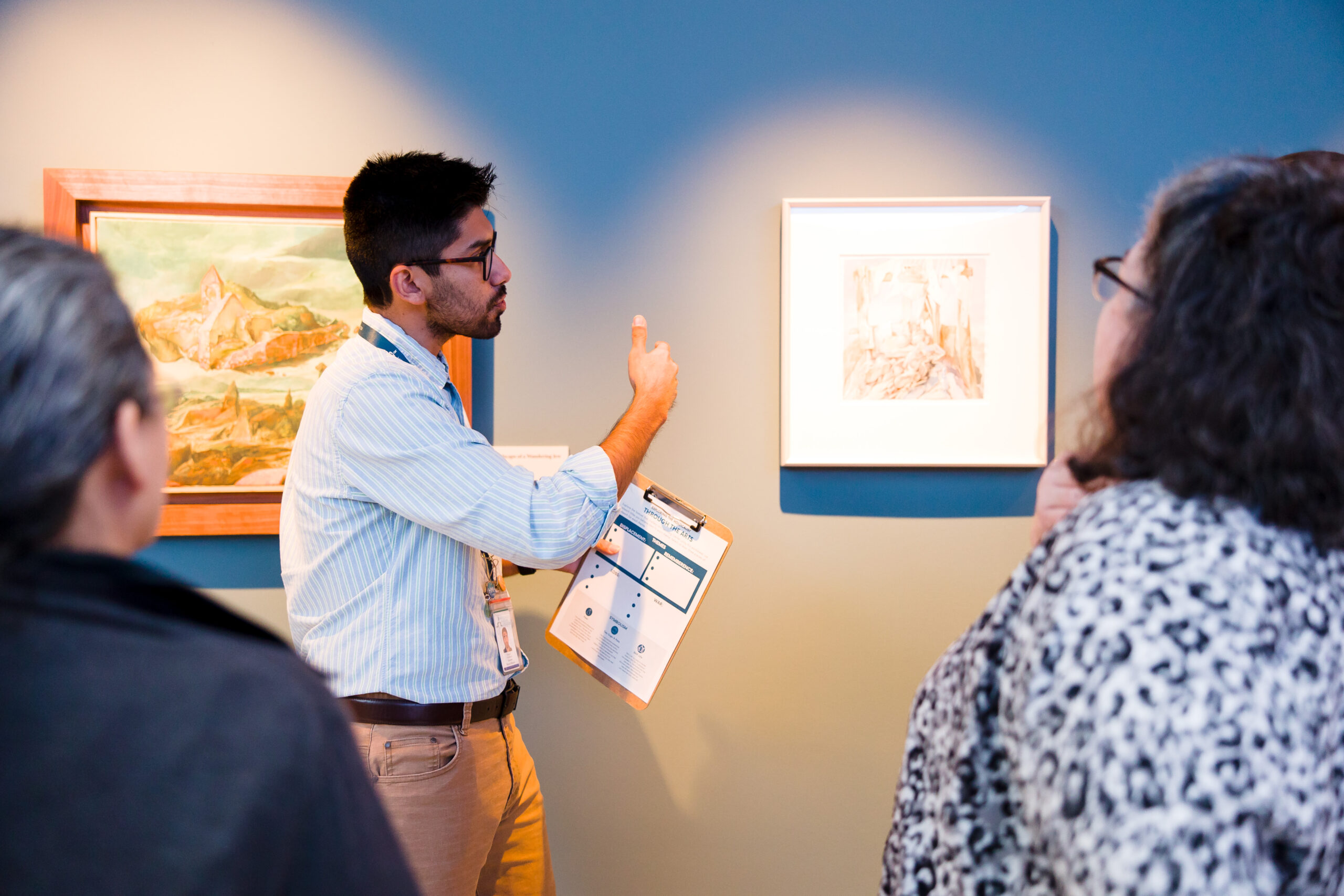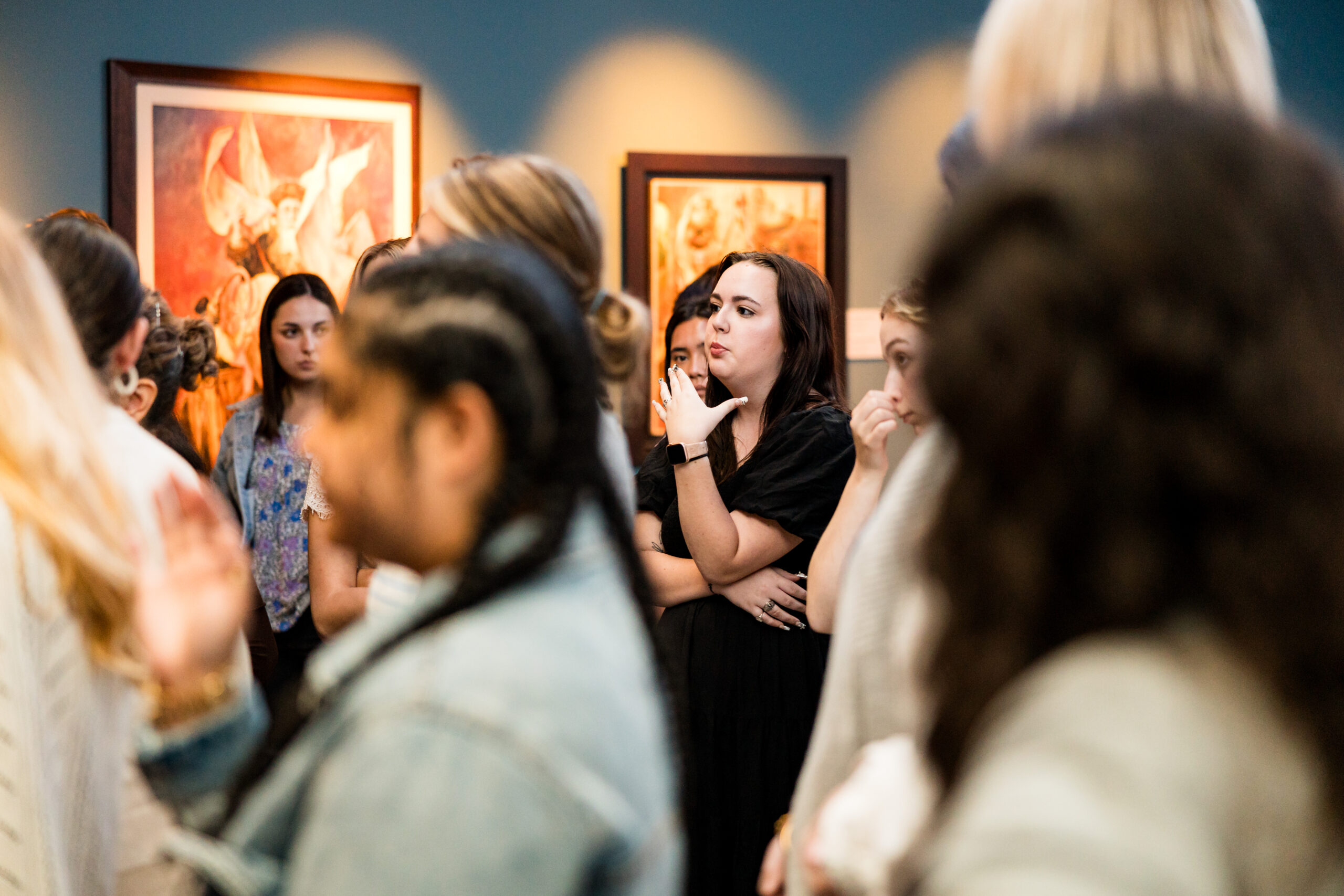The new Adult Education Program at Holocaust Museum Houston will provide an opportunity for the Houston community to delve into the lessons of the Holocaust. Through a dynamic array of presentations, workshops, and discussions, community members will immerse themselves in primary sources, survivor testimonies, and scholarly insights to confront the moral, ethical, and societal implications of the Holocaust. With a thematic focus on antisemitism, the Holocaust, and human rights, these programs aim to cultivate critical thinking, empathy, and a resolute commitment to confronting intolerance and injustice in our contemporary world. By confronting the darkest chapters of human history, the new Adult Education Program at Holocaust Museum Houston serves as a catalyst for meaningful dialogue, reflection, and action, ultimately fostering a more just and compassionate society for all.

Understanding Antisemitism
“Understanding Antisemitism” is an educational presentation aims to dismantle long-standing antisemitic stereotypes and harmful tropes that have persisted throughout history. The program delves into the historical origins of these prejudices, tracing their evolution across contemporary history. By examining the dangerous consequences of antisemitic ideologies, participants gain a deeper understanding of how these biases have contributed to discrimination, violence, and atrocities such as the Holocaust. Ultimately, this presentation equips individuals with the knowledge and tools to identify and challenge antisemitism in all its forms, fostering a more inclusive and tolerant society.

Art of the Holocaust
This program invites participants to engage in the analysis and interpretation of artwork created by Jewish artists who lived under Nazi oppression, offering a profound exploration of art as both a form of resistance and a personal reflection of their experiences during the Holocaust. Through these visual narratives, students are encouraged to consider the critical role that art can play in times of extreme injustice and persecution. These pieces provide a unique, intimate lens into the daily struggles, fears, hopes, and resilience of Jewish individuals, highlighting how art served as a medium for expressing emotions that could not always be put into words.
The program uses a structured image analysis strategy, guiding participants through a thoughtful, step-by-step exploration of each piece. This methodology encourages deep critical thinking as students examine artistic techniques, symbolism, and the emotional context behind the works. The artwork spans the major events of the Holocaust, helping participants connect historical facts with the lived experiences of Jewish people. In doing so, they gain a richer understanding of the Holocaust’s impact on individuals and communities, as well as the enduring power of art as a form of testimony and remembrance.

Life After the Holocaust
Between 1933 and 1945, the Nazis persecuted and systematically murdered millions of Jewish people, along with other targeted groups such as Romani/Sinti people, people with disabilities, and political dissidents. After 1945, survivors faced the immense challenge of rebuilding their lives, often having lost their families, homes, and communities. Displaced persons camps were established across Europe, but survivors grappled with profound trauma, health issues, and the ongoing threat of antisemitism, as well as navigating the complexities of post-war society.
This presentation examines the difficulties Holocaust survivors and communities encountered as they sought to recover. Using primary sources such as images, testimonies, and documentation, participants will explore the efforts to rebuild lives, find lost relatives, and seek justice. Understanding how Holocaust survivors attempted to move forward is crucial to recognizing the lasting impact of the Holocaust on the world today.
For more information about the Adult Education Program or to schedule a presentation for your group, please email education@hmh.org or call 713-527-1653.